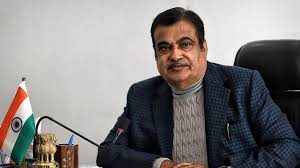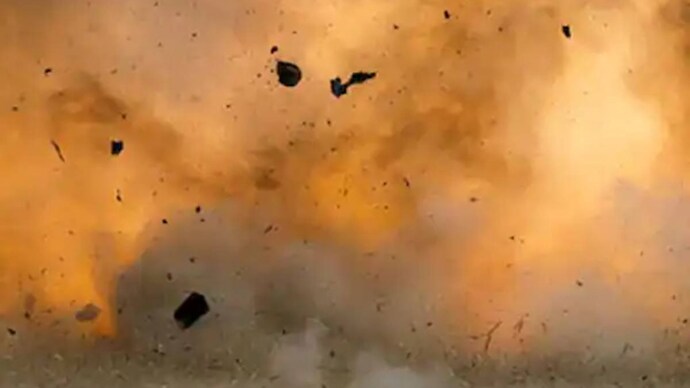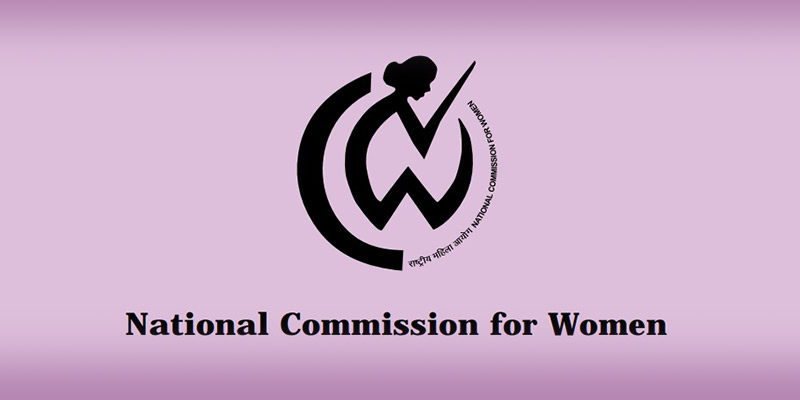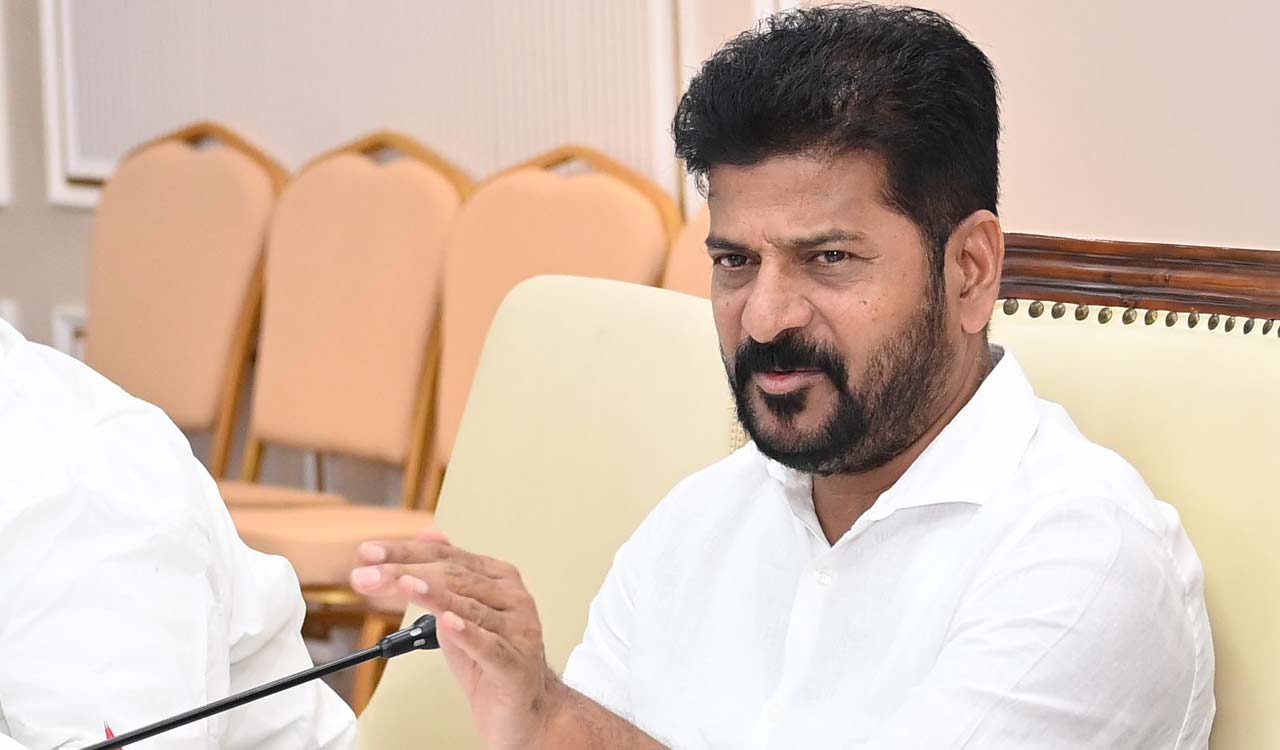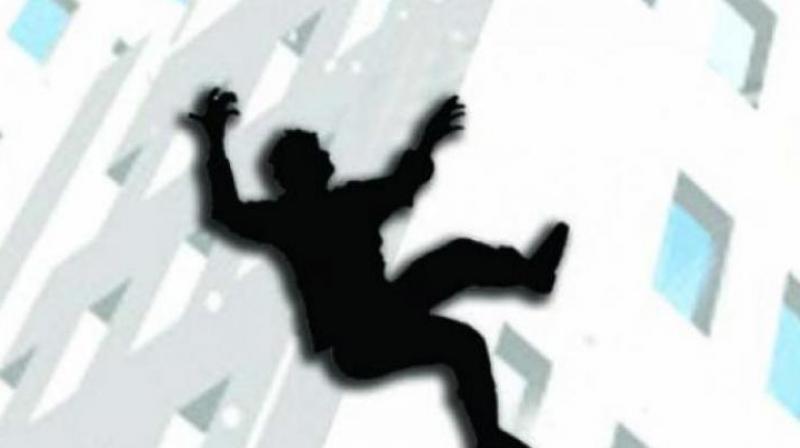Palestinians go on strike as Israel, Hamas trade fire
Wed 19 May 2021, 11:48:34
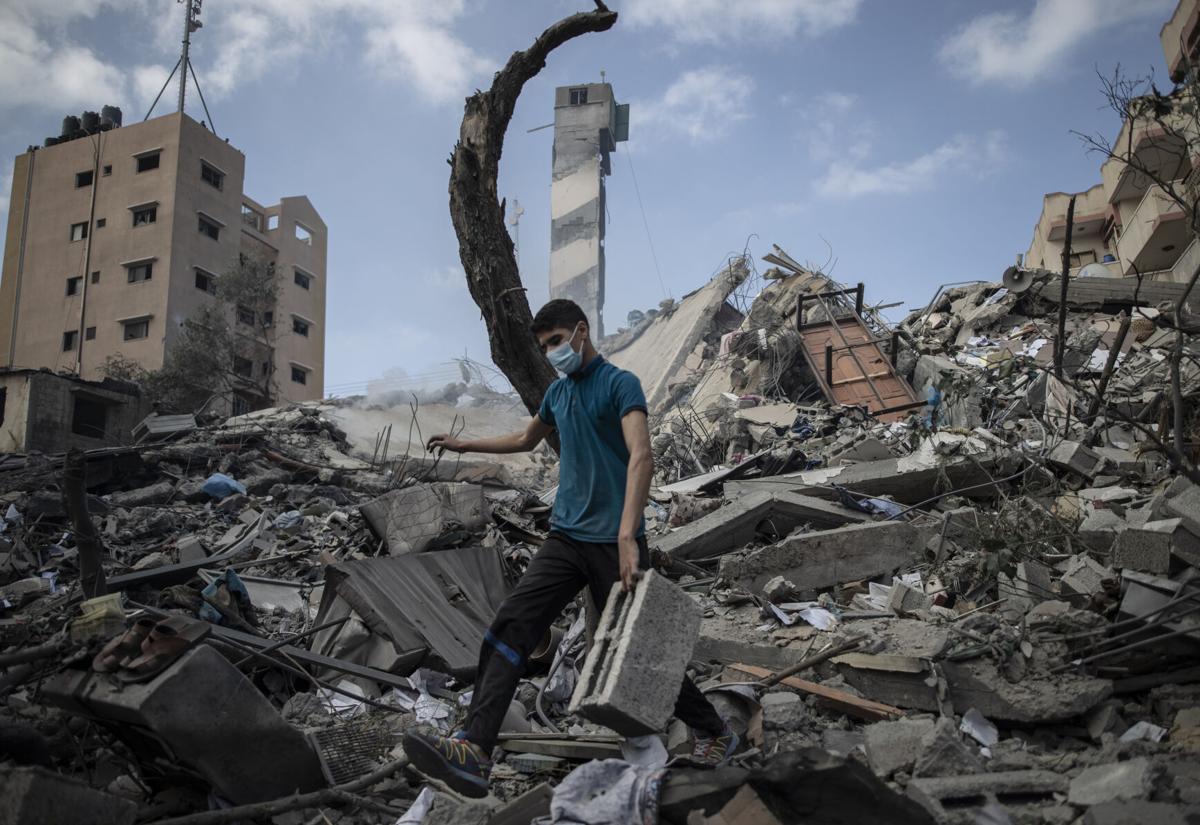
Gaza City (Gaza Strip): Palestinians across Israel and the occupied territories went on strike in a rare collective action against Israel's policies on Tuesday as Israeli strikes rained down on Gaza and militants fired dozens of rockets from the Hamas-ruled territory.
With the war in Gaza showing no sign of abating and truce efforts apparently stalled, the general strike and expected protests could again widen the conflict after a spasm of communal violence in Israel and protests across the occupied West Bank last week.
Tuesday's airstrikes toppled a six-story building that housed libraries and educational centres belonging to the Islamic University, leaving behind a massive mound of rebar and concrete slabs. Desks, office chairs, books and computer wires could be seen in the debris. Residents sifted through the rubble, searching for their belongings.
Israel warned the building's residents ahead of time, sending them fleeing into the predawn darkness, and there were no reports of casualties. Israel said it was targeting militants, their tunnels and rocket launchers across the territory.
The whole street started running, then destruction, an earthquake, said Jamal Herzallah, a resident of the area. This whole area was shaking.
Heavy fighting broke out May 10 when Gaza's militant Hamas rulers fired long-range rockets toward Jerusalem in support of Palestinian protests against Israel's heavy-handed policing of the Al-Aqsa Mosque compound, a flashpoint site sacred to Jews and Muslims, and the threatened eviction of dozens of Palestinian families by Jewish settlers.
At least 213 Palestinians have been killed in heavy airstrikes since, including 61 children and 36 women, with more than 1,440 people wounded, according to the Gaza Health Ministry, which does not break the numbers down into fighters and civilians.
As the fighting drags on, medical supplies, fuel and water are running low in Gaza. Ten people in Israel, including a 5-year-old boy and a soldier, have been killed in the ongoing rocket attacks launched from civilian areas in Gaza toward civilian areas in Israel.
The fighting is the most intense since a 2014 war between Israel and Hamas, but efforts to halt it have so far stalled. Egyptian mediators are trying to negotiate a cease-fire, but the US has stopped short of demanding an immediate stop to the hostilities and Israel has so far vowed to press on.
With no end in sight to the fighting, Palestinians in Israel, east Jerusalem and the occupied West Bank observed a general strike on Tuesday. It was a rare show of unity among Palestinian citizens of Israel, who make up 20% of its population, and those in the territories Israel seized in 1967 that the Palestinians have long sought for a future state of their own. Life had already ground to a halt in Gaza when the fighting began.
The strike was intended to protest the Gaza war and Israeli policies that many activists and some rights groups say constitute an overarching system of apartheid that denies Palestinians the rights afforded to Jews.
Israel rejects that characterisation, saying its citizens have equal rights. It blames the war on Hamas, the Islamic militant group that controls Gaza, and accuses it of inciting violence across the region.
Leaders of the Palestinian community in Israel called the strike, which was embraced by the internationally-backed Palestinian Authority in the occupied West Bank, where ministries and schools were closed. Most businesses appeared to be observing the strike, and protests were expected.
Muhammad Barakeh, one of the organizers of the strike, said Palestinians are expressing a collective position against Israel's aggression in Gaza and Jerusalem, as well as the brutal repression by police across Israel.
The war has also seen an
unusual outbreak of violence in Israel, with groups of Jewish and Palestinian citizens fighting in the streets and torching vehicles and buildings. In both Israel and the West Bank, Palestinian protesters have clashed with Israeli forces.
unusual outbreak of violence in Israel, with groups of Jewish and Palestinian citizens fighting in the streets and torching vehicles and buildings. In both Israel and the West Bank, Palestinian protesters have clashed with Israeli forces.
The Israeli military said Tuesday it fired at 65 militant targets, including rocket launchers, a group of fighters and the homes of Hamas commanders that the army said were being used for military purposes. It said more than 60 fighter jets took part in the operation.
The military said it also shot down a drone approaching the Israeli border in the northeast, far from the Gaza fighting. It did not say where the unmanned aircraft originated, but it's possible the drone came from Syria.
The military said Palestinian militants fired 90 rockets, 20 of which fell short into Gaza. Israel says its missile defences have intercepted about 90% of the rockets.
Israel's strikes have brought down several buildings and caused widespread damage in the narrow coastal territory, which is home to more than 2 million Palestinians and has been under an Israeli-Egyptian blockade since Hamas seized power from rival Palestinian forces in 2007.
The attacks have damaged at least 18 hospitals and clinics and entirely destroyed one health facility, the World Health Organisation said in a new report. Nearly half of all essential drugs in the territory have run out.
It said the bombing of key roads, including those leading to the main Shifa Hospital, has hindered the movement of ambulances and supply vehicles. Over 41,000 displaced Palestinians have sought refuge in UN schools in Gaza, which was already struggling to cope with a coronavirus outbreak. Gaza is also running low on fuel for its electricity supply and water.
Israel has vowed to press on with its operations, and the US signalled it would not pressure the two sides for a cease-fire even as President Joe Biden said he supported one.
We will continue to operate as long as necessary in order to return calm and security to all Israeli citizens, Prime Minister Benjamin Netanyahu said after meeting with top security officials on Monday .
The Biden administration has declined so far to publicly criticise Israel's part in the fighting or send a top-level envoy to the region. On Monday, the US again blocked a proposed UN Security Council statement calling for an end to the crisis related to Gaza and the protection of civilians, especially children.
Since the fighting began, the Israeli military has launched hundreds of airstrikes it says are targeting Hamas' militant infrastructure. Palestinian militants in Gaza have fired more than 3,400 rockets into Israel.
Hamas and Islamic Jihad say at least 20 of their fighters have been killed, while Israel says the number is at least 160 and has released the names of and photos of more than two dozen militant commanders it says were eliminated.
Israel's airstrikes have leveled a number of Gaza City's tallest buildings, which Israel alleges contained Hamas military infrastructure. Among them was the building housing The Associated Press Gaza office and those of other media outlets.
Netanyahu alleged that Hamas military intelligence was operating inside the building and said any evidence would be shared through intelligence channels. US Secretary of State Antony Blinken said he hasn't yet seen any evidence supporting that.
AP President Gary Pruitt reiterated the organisation's call for an independent investigation into the attack.
As we have said, we have no indication of a Hamas presence in the building, nor were we warned of any such possible presence before the airstrike, he said in a statement. We do not know what the Israeli evidence shows, and we want to know.
No Comments For This Post, Be first to write a Comment.
Most viewed from International
Most viewed from World
AIMIM News
Latest Urdu News
Most Viewed
May 26, 2020
Do you think Canada-India relations will improve under New PM Mark Carney?
Latest Videos View All
Like Us
Home
About Us
Advertise With Us
All Polls
Epaper Archives
Privacy Policy
Contact Us
Download Etemaad App
© 2025 Etemaad Daily News, All Rights Reserved.

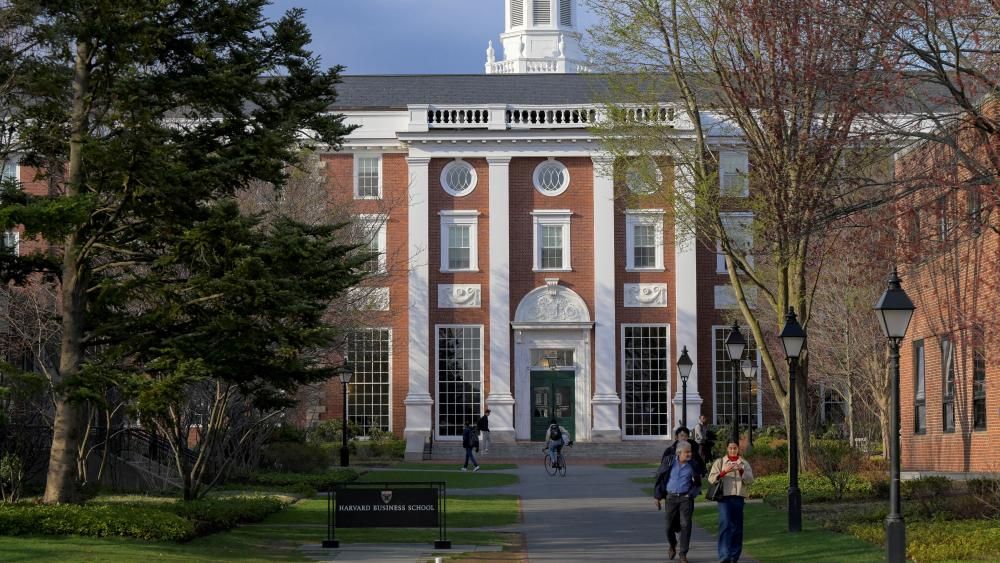
.jpg)
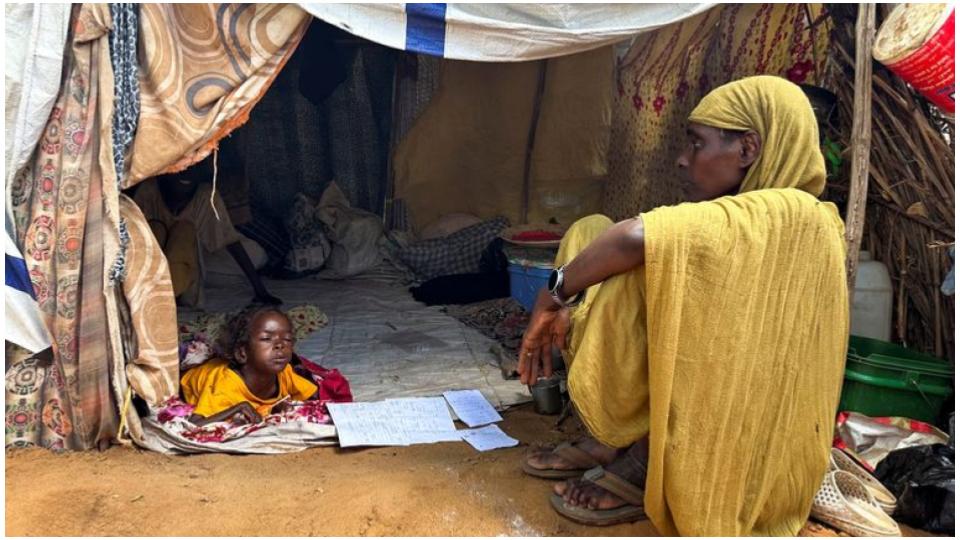

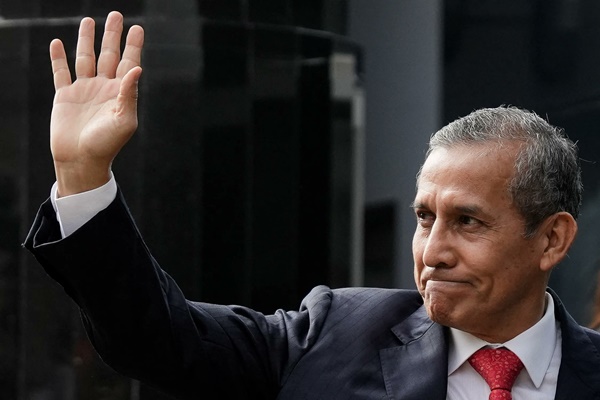
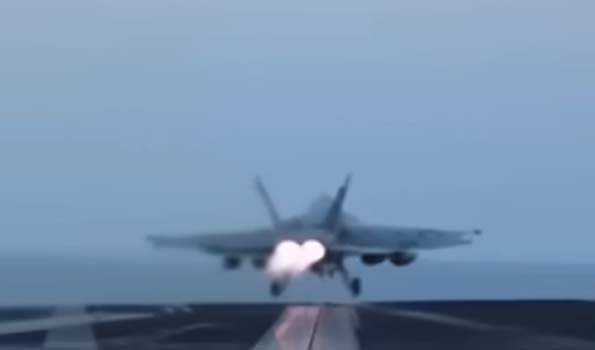
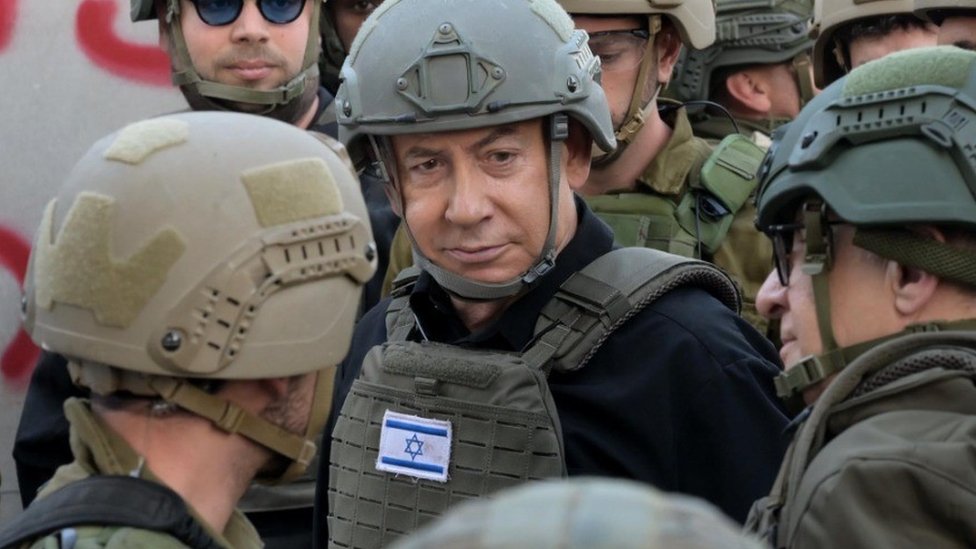
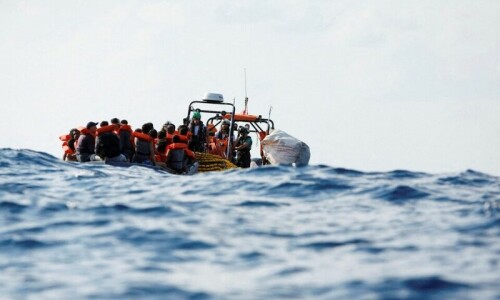

.jpg)
.jpg)
.jpg)



